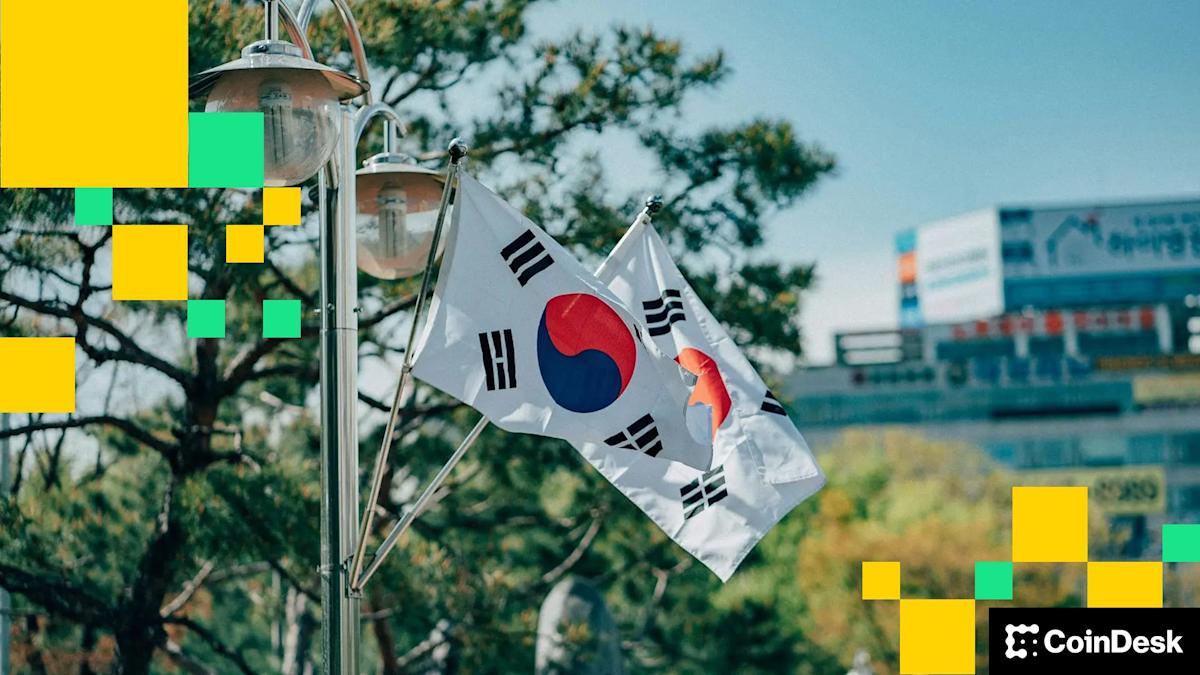From Memecoins to Machine Chips
For years, South Korea was the global heartbeat of crypto speculation. It became the place where digital coins traded at a premium, and where retail investors moved markets overnight. The “Kimchi Premium” became shorthand for a national obsession: Rampant and frenetic trading activity unrivaled by any region across the globe.
But by late 2025, the story has reversed. The same traders who once hunted for the next altcoin gem on Upbit are now glued to Korean stock exchange tickers, swapping meme tokens for memory chips and high-bandwidth semiconductors. The crypto charts have gone quiet — and a new speculative engine has taken their place.
Upbit, once the undisputed hub of Korean crypto mania, now trades at a fraction of its former pace. Average daily volumes have dropped nearly 80% from a year ago, slipping from roughly $9 billion in late 2024 to just $1.8 billion by November 2025. Bithumb, Korea’s second-largest exchange, has suffered a similar fate, losing more than two-thirds of its liquidity over the same period, according to reporting from Wu Blockchain.
What was once a nightly national pastime, the endless churn of small-cap coins and chatroom rumors, has evaporated. Even volatility itself has collapsed. Where daily volumes once swung wildly between $5 billion and $27 billion, 2025’s trading bands have flattened to a muted $2 to $4 billion range.
Data from analytics provider Dune shows that the drop in activity is compounded when compared to 2018, when at the mania’s peak Korean exchanges facilitated 280,000 deposits per day; the daily figure hasn’t exceeded 50,000 since 2021.
The vacuum left by crypto didn’t last long. Retail investors simply migrated to a different table — the Korean stock market, which has staged one of the most explosive rallies in its history.
The KOSPI index has surged more than 70% year-to-date, setting a number of record highs. In October alone, it posted its strongest monthly gain since 2001, climbing 21% and logging 17 new intraday records. The frenzy has been led by AI-linked giants like Samsung Electronics and SK hynix, whose combined daily turnover now makes up more than a quarter of the entire exchange.
In a country that once traded crypto as a kind of collective hobby, the psychology feels familiar. The same spirit of retail speculation has resurfaced, only this time it’s wearing a suit of semiconductor stocks.Data reported by the Korea Times showed the amount of active trading accounts in the nation jumped from 86.57 million at the turn of the year to 95.33 million as of Oct. 31.



Leave a Comment
Your email address will not be published. Required fields are marked *